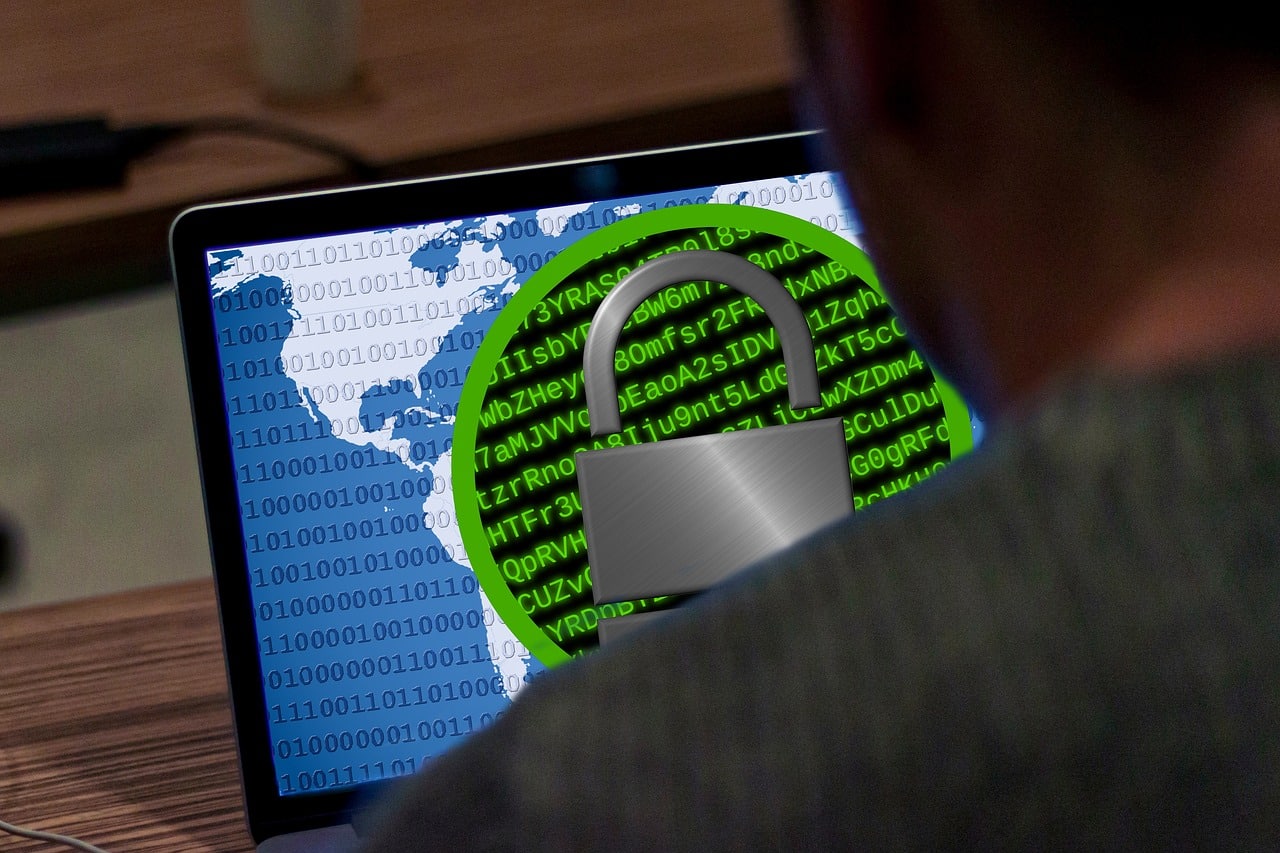Protecting Your eCommerce has become much more important in the last few years. As we witness this growth, we are seeing new concerns about security and privacy. The biggest threat for most eCommerce business owners is privacy breaches and cyber attacks.
This is because as data becomes one of the most important assets for businesses, cybercriminals are continuously implementing new techniques using new technologies to exploit loopholes in the security of eCommerce websites.
This has forced business owners to find ways of protecting their online businesses and transactions from unauthorized access. In this article, we will discuss some of the best measures you can take to protect your eCommerce business from cyber threats.
Table of Contents
Proven Methods For Protecting your eCommerce
With every passing day, improvements are being made to increase the barriers against cyber criminals. Down below are the best methods to secure your eCommerce business from any external threats:
Update Your Website Regularly
Failure to update your website regularly is among the eCommerce business mistakes to avoid. Technology changes rapidly. This has forced web developers to keep on releasing security updates to seal any loopholes that might exist in their applications. They also release new fixes to solve existing issues.
You, therefore, need to ensure that you are updating your eCommerce website whenever an update is released. If you are using a CMS (Content Management System), check for theme and plugin updates regularly and always use the latest ones.
Fortunately, you do not have to do this manually. Modern applications come with a feature that allows website owners to turn on automatic updates. This is essential in ensuring that your eCommerce website is updated whenever there is a new release.
Use Secure Hosting
A hosting provider is one of the things you need to think about when starting an eCommerce business. eCommerce businesses need a hosting provider to keep their website files and databases. These are the files that run all the operations and transactions between customers and businesses.
They, therefore, should be careful when choosing the hosting provider to use. To start with, they need a reliable and secure provider that implements the latest and modern security features on its servers.
Some of the things to look for when choosing a hosting provider include malware detection, encryption methods, DDoS protection, and SSL certificates, among others.
Backup Your Applications Regularly
This is where most eCommerce businesses fail. Cyber attacks can happen at any time. Apart from stealing your data, they can also render your eCommerce website useless. When this happens, you need a way to restore your operations.
Regular backups can help you with this. Since this is not an easy task, especially for small businesses, you can look for a service provider near your location. For instance, if you are operating from San Jose, then look for a company that provides IT Services in San Jose.
In addition to outsourcing your backup requirements, you can also download your eCommerce database and website files regularly. This way, you will always be back and running no matter the extent of any cyber attack on your website and/or applications.
Use Anti-malware Software and Security Plugins
To effectively protect your eCommerce business from cyber threats, you need to include multiple layer security protocols such as anti-malware software and security plugins. Again, you can outsource these services if you cannot do it yourself.
Anti-malware software helps you deal with the increasing threats of malware attacks. Cybercriminals use these attacks to execute different actions without your knowledge. Examples of malware attacks include command and control, spyware, and ransomware.
You can also install security plugins for protecting your eCommerce website to enhance its security. Some tasks handled by these plugins include removing malware, blocking suspicious networks, and detecting bots, among others. Some plugins you can use include Sucuri, Keyy, and Wordfence, among others.
Use an SSL Certificate
If you are running an eCommerce business that follows PCI guidelines, then you understand that it is a requirement for your website to have an SSL (Secure Sockets Layer) certificate. Unfortunately, most business owners do not choose the right certificate that fits the requirements of their businesses.
An SSL certificate on an eCommerce website protects both your customer’s and website data from unauthorized access. All the data provided by your customers on the website is encrypted, ensuring that cybercriminals cannot read or understand the data.
To differentiate a website with an SSL certificate and one without, check for HTTPS at the beginning of the website’s URL. Those that have not installed the certificate have HTTP. The ‘S’ at the end means that that particular website is secure.
Apart from protecting your eCommerce website, an SSL certificate is also vital when it comes to Search Engine Optimization (SEO). This is because websites with an SSL certificate are ranked higher on Google.
Protecting your eCommerce business from cyber threats is not a walk in the park. You need to implement different measures to ensure that you are fully protected.










